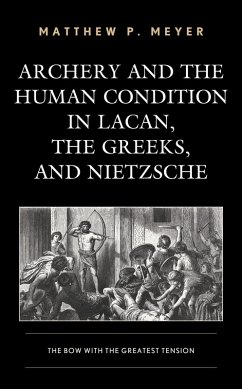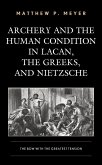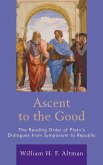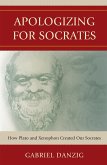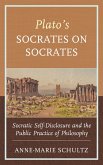Archery and the Human Condition in Lacan, the Greeks, and Nietzsche showcases archery as a metaphor for the fundamental tension at the heart of the human condition. Matthew Meyer develops a theory of subjectivity that incorporates elements from psychoanalysis, Greek literature, philosophy, and Zen archery, bringing together allusions to the bow and archery made by Sophocles, Homer, Heraclitus, Aristotle, Lacan, Nietzsche, and Awa Kenzo. The book weaves together a psychoanalytic account of infant development, the obstacles faced by Greek heroes, and virtue theory to explore the tension between the forces inside and outside of the human that subject the human beingit to conditions beyond its control. Meyer develops this side of the tension through Jacques Lacan's theory of human drive, illustrating the three parts of drive theory through application to three works in Greek literature and philosophy. He The second part of the text describes the other side of this fundamental tension--the ability to control drive impulses-through Aristotle's use of the archer as a metaphor in his virtue theory. The book illustrates the productive nature of this tension through an analysis of Friedrich Nietzsche's ideas about drives and sublimation, especially his contention that the "highest" types are like "the bow with the greatest tension."
Bitte wählen Sie Ihr Anliegen aus.
Rechnungen
Retourenschein anfordern
Bestellstatus
Storno

